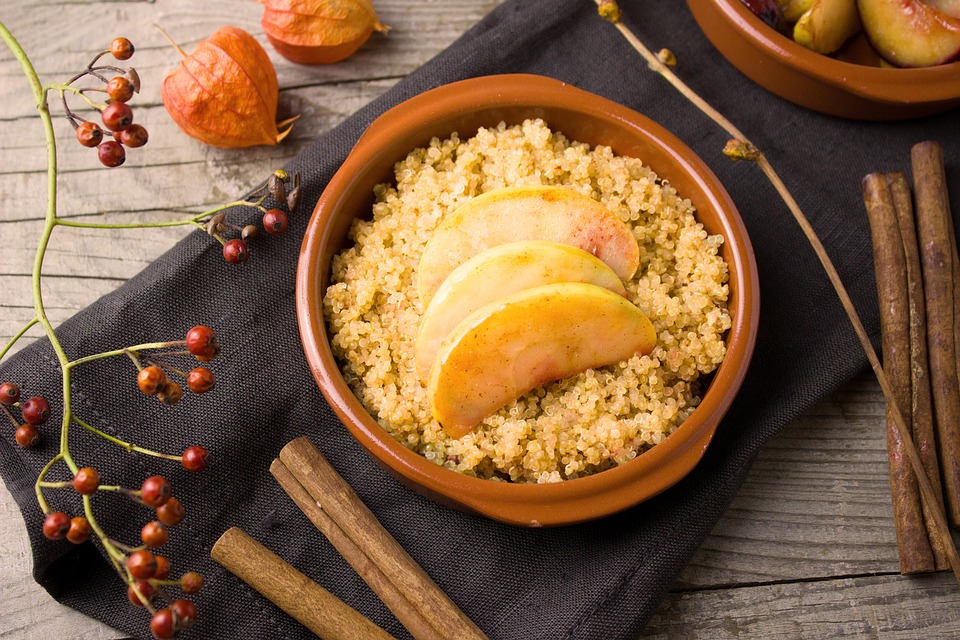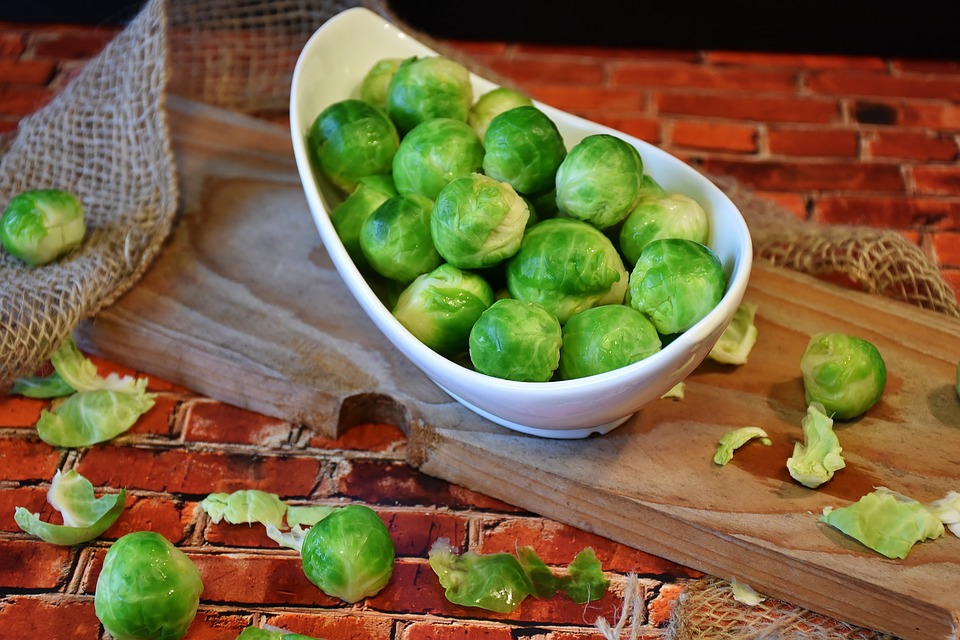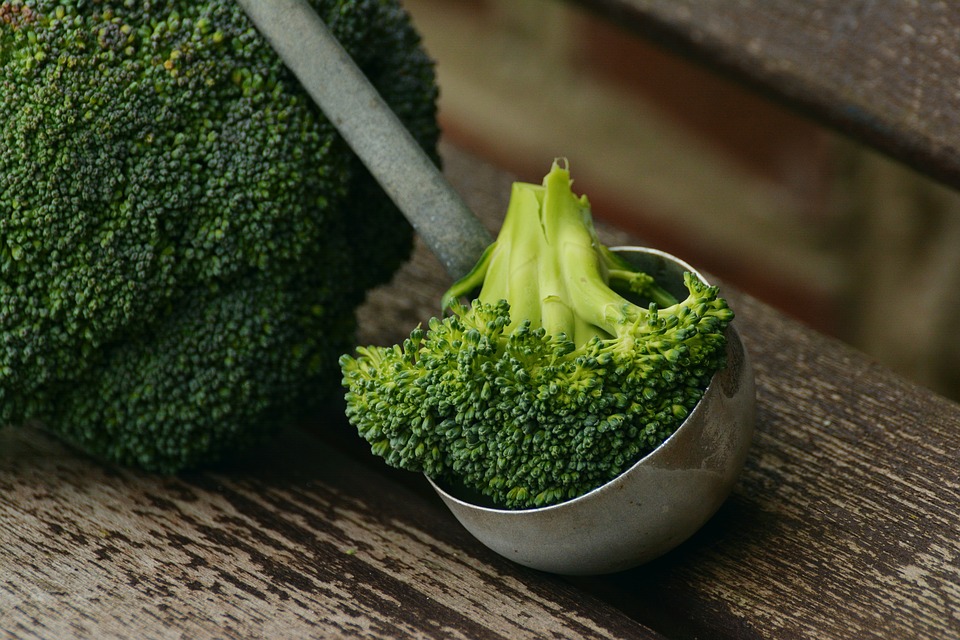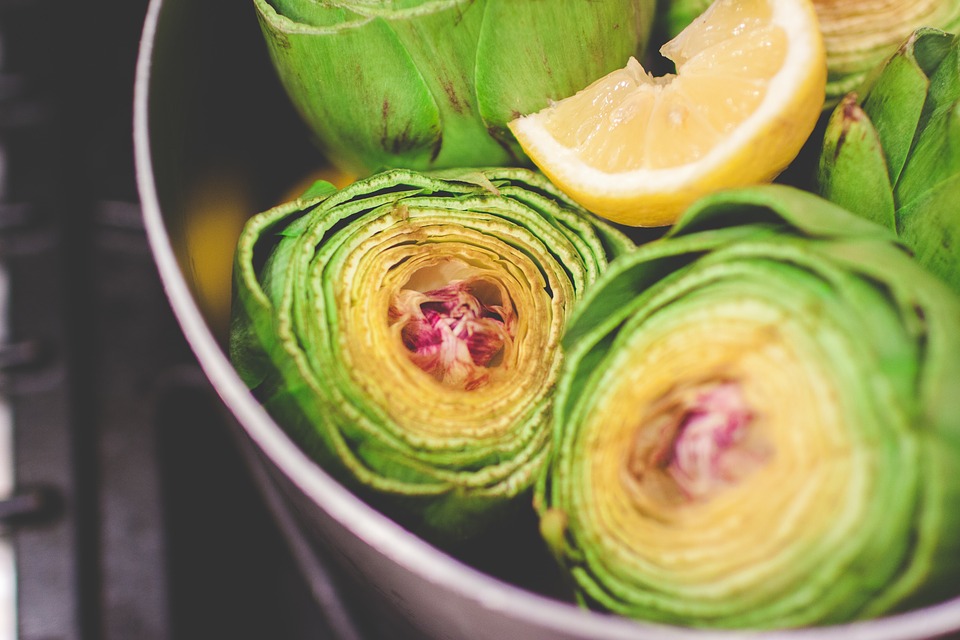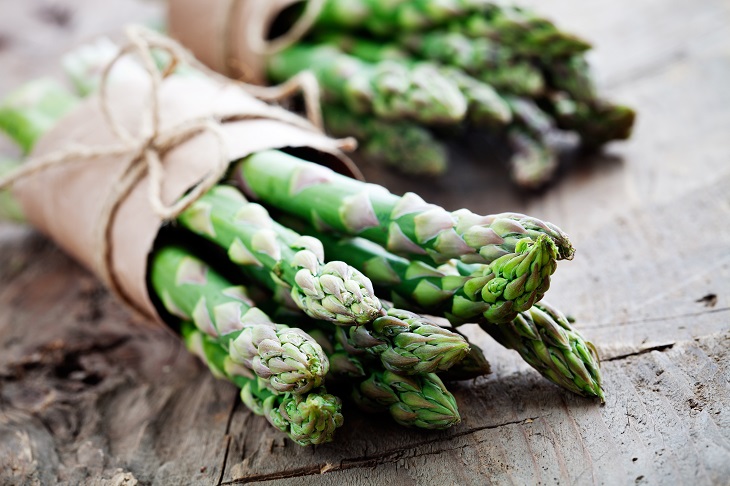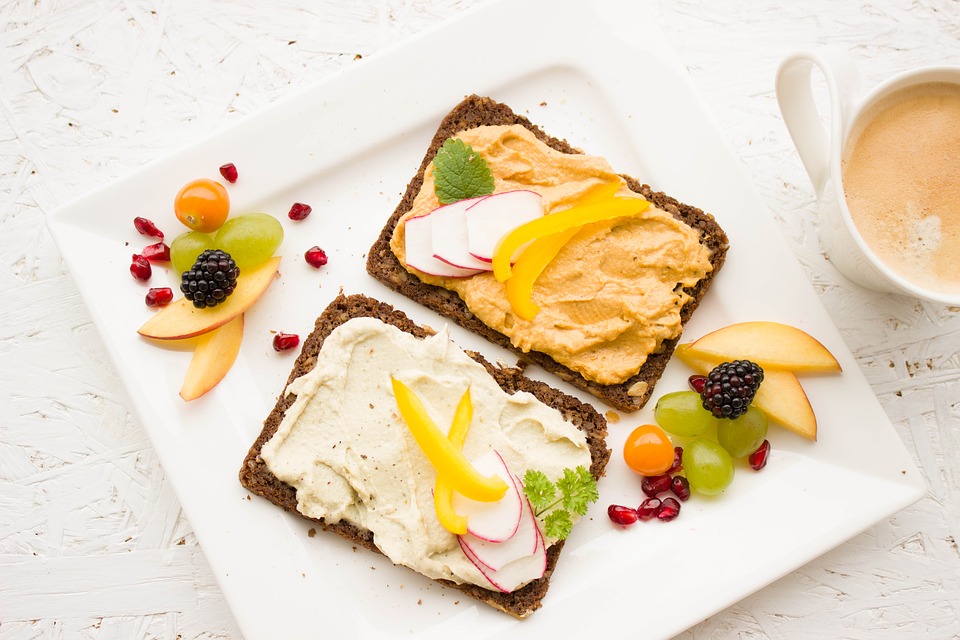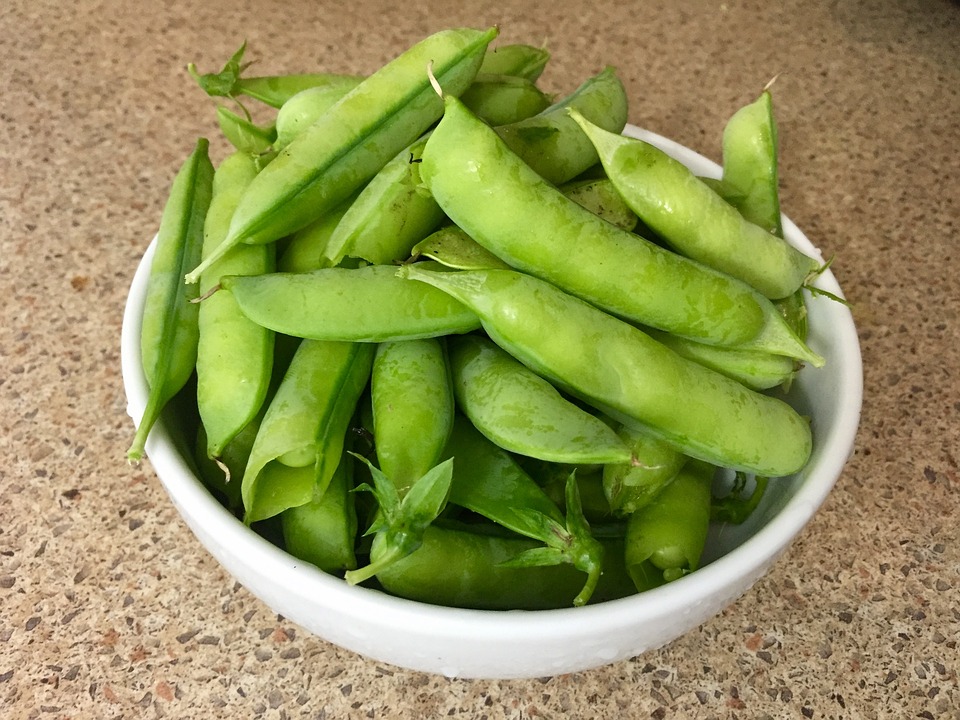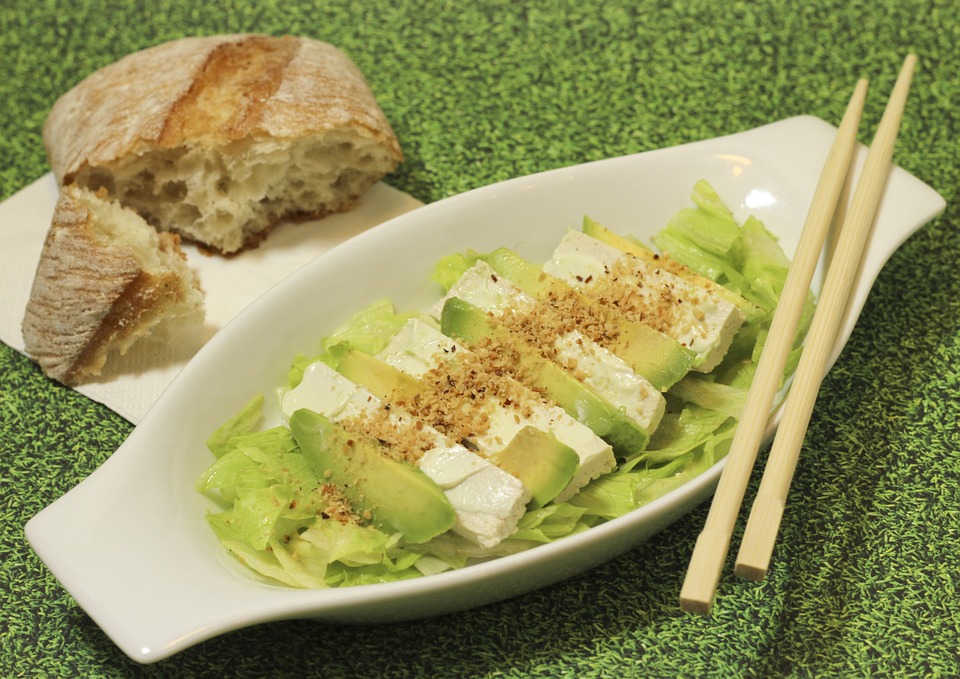Protein-Rich Plant Foods
Health benefits for Vegans and Vegetarians
Let's take a closer look at the very footprint that protein-rich plant foods have on our system. The first thing we need to be aware that proteins are essential nutrients the human body needs as a building block to help tissue development. Protein also serves as an excellent fuel source which in turn provides us with high energy levels. However, we cannot exclude the most important aspect of protein from a nutritional standpoint, and that is its amino acid composition.
Having been a vegetarian for forty-five years, one of the first things friends and family often ask me while discussing my eating habits is - Where do I get my protein. The funny thing is that these same people have no clue what protein is, or for that matter, what function protein has on the human body. Why is it that non-vegetarians think that protein only comes from a meat source? It would appear that this kind of irrational thinking gets passed down from one generation to another and that this meat-eating philosophy is the only way humans can maintain their well-being.
Proteins are polymer molecules all strung together to form long chains made of amino acids. They are linked together by peptide bonds. During digestion, these proteins are broken down in the stomach into smaller polypeptide molecule chains via hydrochloric acid and protease actions. It is paramount for the synthesis of the essential amino acids that cannot be biosynthesised by the body. There are nine essential amino acids, which we need to prevent protein-energy malnutrition. And they are Phenylalanine, Valine, Threonine, Tryptophan, Leucine, Isoleucine, Lysine and Histidine.
There are five dispensable amino acids, which become synthesised in the body. They are alanine, aspartic acid, asparagine, glutamic acid and serine. There are also six essential amino acids whose synthesis become limited under special pathophysiological conditions. These are Arginine, Cysteine, Glycine, Glutamine, Proline, and Tyrosine. We need these essential amino acids in specific ratios, and especially for infants or individuals who experience rapid weight loss and skeletal muscle mass.
While I'm not here to discuss the protein in meat, I am here to enlighten you on all the protein-rich foods found in vegetables, grains, legumes, nuts and seeds. You have to understand that vegans and vegetarians can get plenty of essential amino acids by eating a variety of plant proteins. I also don't want you to get all wound up with all the scientific jargon herein, but rather concentrate purely on the food sources needed to get all the health benefits of living a healthy meat-free diet. No matter what others say, you can still get all the benefits of protein from a vast range of plant foods.
Cinnamon and Apple Quinoa
Other Protein-Rich Plant Foods
- Spinach
- Sweet Potato
- Avocado
- Tofu
- Tempeh
- Miso
- Edamame
- Soya Beans
- Soya Milk
- Lima Beans
- Green Beans
- Black Beans
- Black Eyed Peas
- Lentils
- Green Peas
- Chickpeas
- Hummus
- Tahini
- Brown and Wild Rice
- Steel Cut Oats
- Corn
- Quinoa
- Nuts, including Almond, Brazil Nuts, Walnuts and Cashew Nuts
- Peanut and Peanut Butters
- Pumpkin Seeds
- Chia Seeds
- Hemp Seeds
- Spirulina
- Amaranth
Hummus Spread
Protein-Rich Plant Foods - Chia Seeds
Not only are Chia Seeds a good source of protein but they are also high in nutrients, are naturally filling, they support digestion, are great for energy and endurance as well as being versatile in recipes. Long before Aztec warriors first discovered the medicinal properties and nutritional value of Chia Seeds they have now become one of the most popular Superfoods today. And the reason for this is justifiable because they are also a rich source of antioxidants, fibre, omega 3 and 6 fats, vitamins and minerals such as sulfur, iron, iodine, magnesium, manganese, potassium, phosphorus, niacin and thiamine.
Chia Seeds
Protein-Rich Plant Foods - Edamame
At first glance, Edamame has the appearance of fresh green peas, still in their pods. They are young soybeans that get harvested before the beans have had a chance to harden. Apart from being an excellent source of protein, iron, and calcium, they naturally gluten-free, are also low in calories and contain no cholesterol whatsoever.
While you may not find them that easily at your local supermarket, if you go come across them, they make for a perfect snack or as part of a whole meal. If you should dine out at a Japanese restaurant, check to see if they are part of their menu. Some of the health benefits derived from protein-rich plant foods are that they help decrease the possibilities of diabetes, breast, and prostate cancer, cardiovascular disease, osteoporosis, and inflammation.
Edamame
Protein-Rich Plant Foods - Soya Beans, Tofu, and Tempeh
There are several compounds found in Soya Beans and related products such as Tofu, Tempeh, and Miso that may help lower cholesterol, reduce the risk of heart disease, cancer and ease some of the discomforts of menopause. Most of us know what Soya Beans look like but do we know the difference between Tofu, Tempeh, and Miso? Tofu is a creamy white, cheese-like food made from curdled soya milk used mostly in soups, stir-fries, and desserts.
Tempeh is chunky, tender cakes made from fermented soya beans that are laced with mould, thus giving them a distinct smoky and nutty flavour. Best grilled or in a casserole. Miso is a traditional Japanese seasoning made from fermented soybeans, salt, and fungus. Sometimes rice, barley or other grains are added to miso.
Tofu and Avocado Salad
Love Travel Eat Right - Disclaimer
Please take note that the information on this site is designed for educational purposes and is intended solely for a general readership. The contents herein are not intended to offer any personal medical advice or to diagnose any health issues you may have. This information is also by no means a substitute for medical care by a licensed healthcare provider. For that, you'd need to consult your medical doctor or a health care practitioner for any advice should you require prescription medication.
